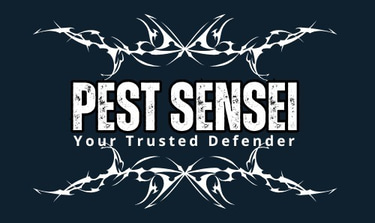9 DIY Pest Control Products and Remedies to Avoid
Not all DIY pest control methods work—in fact, some can be downright ineffective or even dangerous. From vinegar sprays to electronic repellents, we’re busting 9 common DIY myths. Read on to avoid these mistakes and protect your home the right way!
Chan, H.H.


The rise of natural, plant-based, and non-toxic pest control has flooded the internet with DIY solutions. While some remedies may seem effective at first glance, many are misleading, ineffective, or even dangerous. Here, we’ll highlight 9 common DIY pest control products and remedies that you should avoid to save time, money, and ensure your safety.
Vinegar
Vinegar is frequently recommended for repelling ants, cockroaches, and flies. However, it has serious limitations.
The idea that vinegar dissolves insect exoskeletons is a myth—chitin, the substance that makes up an insect’s exoskeleton, is resistant to mild acids like vinegar.
Diluted vinegar has an even weaker effect, reducing its potential impact on pests.
Vinegar does not have a strong residual odor, meaning any repelling effect is temporary at best.
Spraying vinegar on ant trails may disrupt pheromone signals, but it does not prevent ants from creating new trails or reinfesting your home.


The Bottom Line: Vinegar is not a long-term pest control solution. It’s better to address infestations with proven methods rather than relying on its weak repelling effects.
Electronic Pest Repellent Devices
Electronic repellers claim to drive away pests using ultrasonic sound waves or electromagnetic fields, but real-world results are inconsistent.
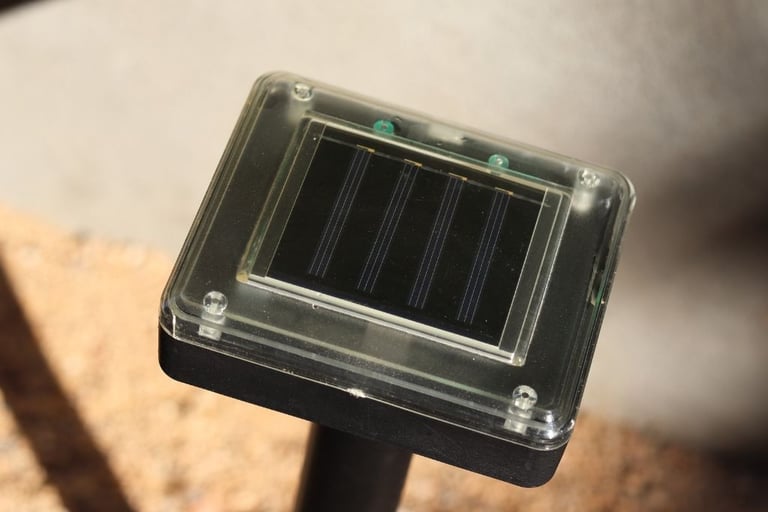

Birds: Devices that emit predator sounds may scare away birds temporarily, but motivated birds (those with nests or food sources nearby) quickly adapt.
Rodents: Lab tests suggest some effectiveness, but they fail to deliver results in real-world scenarios, leading to millions of dollars in legal settlement!
Insects and Spiders: Numerous trials have been conducted using various commercial electronic products available on the market, and none have shown promising results, even in laboratory settings.
The Bottom Line: These devices often fail in real-world settings. For reliable pest control, physical barriers and professional treatment are more effective.
Bleach
Bleach is commonly used to flush out cockroaches, flies, and centipedes from drains, but it’s not an effective pest control method.
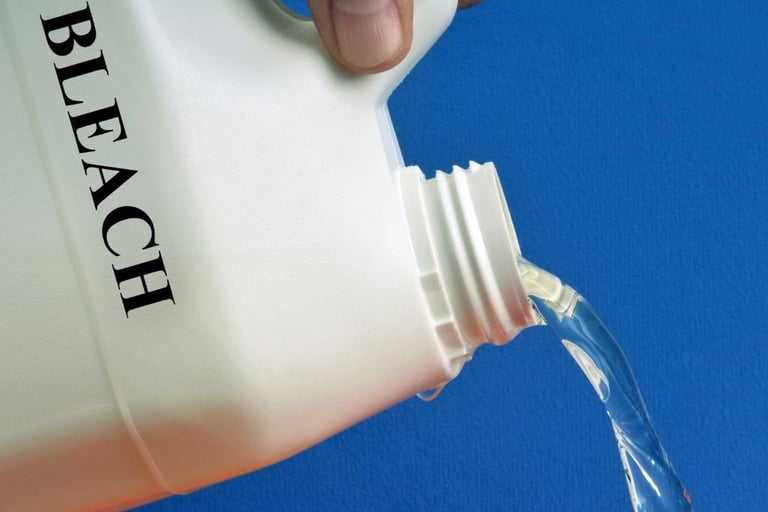

Maggots and larvae deep inside drains may survive because bleach doesn’t penetrate organic debris.
Bleach requires prolonged exposure to kill pests effectively, making it impractical for infestations.
Mixing bleach with ammonia (found in some cleaning products) produces toxic fumes that can be deadly.
Bleach is corrosive and can damage plumbing over time.
The Bottom Line: Instead of bleach, consider using drain-specific cleaners like Invade Foam for long-lasting results.
Citronella Candles
Citronella candles are marketed as a natural mosquito repellent, but their effectiveness is questionable.
Studies show that burning citronella candles provides little to no protection against mosquitoes.
In one test, mosquitoes ignored citronella and immediately bit the person in the room.
Geraniol-based candles offer better protection but are still not a reliable solution.


The Bottom Line: Citronella candles alone won’t keep mosquitoes away. Use proper mosquito prevention measures like insect screens and targeted treatments.
Diesel
Some people pour diesel or kerosene on termite mounds or ant hills to kill pests. Others spray diesel at their homes to chase away termites, a practice passed down by their datuk and nenek, which they said is super effective. This is highly dangerous and environmentally harmful.
Diesel is highly flammable and can cause accidental fires or explosions.
It contaminates soil and water, leading to severe environmental consequences.
Safer and more effective alternatives exist for pest control.
Diesel may kill pests on contact, but it doesn't address the root cause or nest.
The Bottom Line: Never use diesel for DIY pest control. It’s hazardous to both humans and the environment.
Moth Balls
Moth balls contain chemicals like naphthalene or paradichlorobenzene, which are toxic to moths but have limited use against other pests.
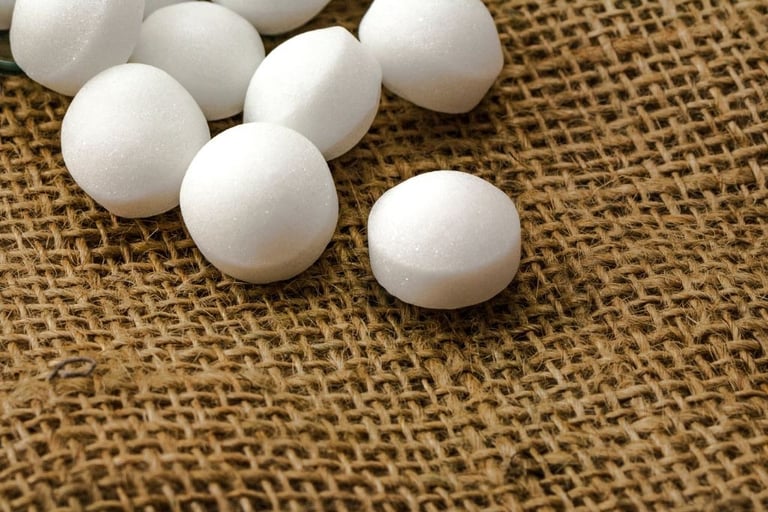

Moth balls contain chemicals like naphthalene or paradichlorobenzene, which are toxic to moths but have limited use against other pests.
Moth balls only work in enclosed spaces where fumes can build up.
Exposure to moth ball fumes is harmful to humans and pets, potentially causing respiratory issues and even cancer.
Camphor-based moth ball is a safer alternative but still poses risks if ingested.
The Bottom Line: Moth balls should be used cautiously and only for their intended purpose—protecting clothes from moths in sealed containers.
Magic Chalk


Also known as "Chinese chalk," this pesticide-infused chalk is illegal in many countries due to safety concerns.
The exact ingredients are often unknown, making toxicity levels unpredictable.
Children can mistake it for regular chalk, leading to accidental poisoning.
Handling or inhaling its dust can cause serious health issues.
The Bottom Line: Avoid unregulated pest control products like magic chalk. Use legally approved pesticides for safety and effectiveness.
Bug Zappers
Bug zappers attract insects with UV light and electrocute them, but they are not an effective mosquito control method.
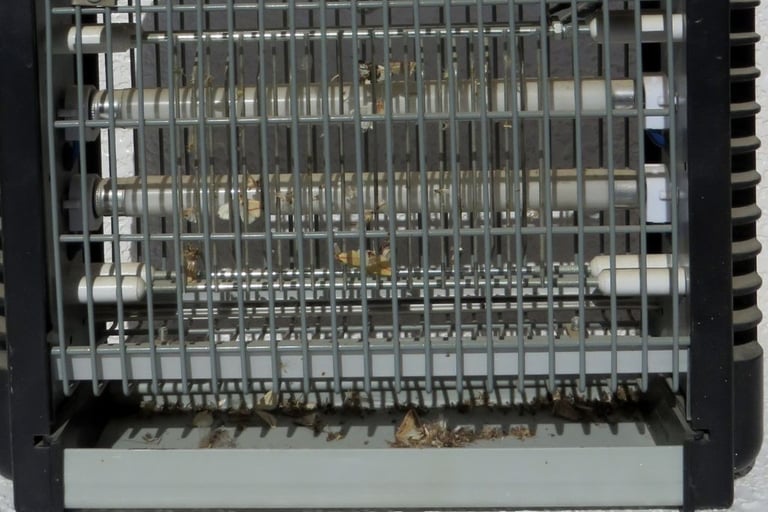

Zappers indiscriminately kill all insects, including beneficial ones like pollinators.
Mosquitoes are more attracted to CO2 than UV light, making bug zappers ineffective for mosquito control.
When insects are electrocuted, their body parts and potential pathogens can be dispersed into the air, contaminating food and causing allergic reactions.
The Bottom Line: Opt for non-zapping UV traps, which attract and capture insects without harmful side effects.
Orange Oil
Orange oil was once popular for treating drywood termites, but its effectiveness is limited.
It kills termites on contact but has no residual effect, meaning it does not prevent reinfestation.
Orange oil cannot penetrate deep into wood, leaving hidden termites unaffected.
Fumigation or professional treatment remains the best option for severe drywood termite infestations.
The Bottom Line: Orange oil is not a standalone solution for termites. Professional pest control is necessary for complete eradication.
Final Thoughts
While DIY pest control may seem convenient and cost-effective, many commonly recommended remedies are either ineffective or pose serious risks. For long-term pest prevention, it’s best to rely on expert knowledge, proven methods, and professional pest control services.
Need reliable pest control? Contact Pest Sensei today for effective, safe, and long-lasting pest solutions!
Pest Sensei
Expert pest control solutions for your needs in Johor Bahru and surrounding areas.
© 2025. All rights reserved.
Powered by Solbright
